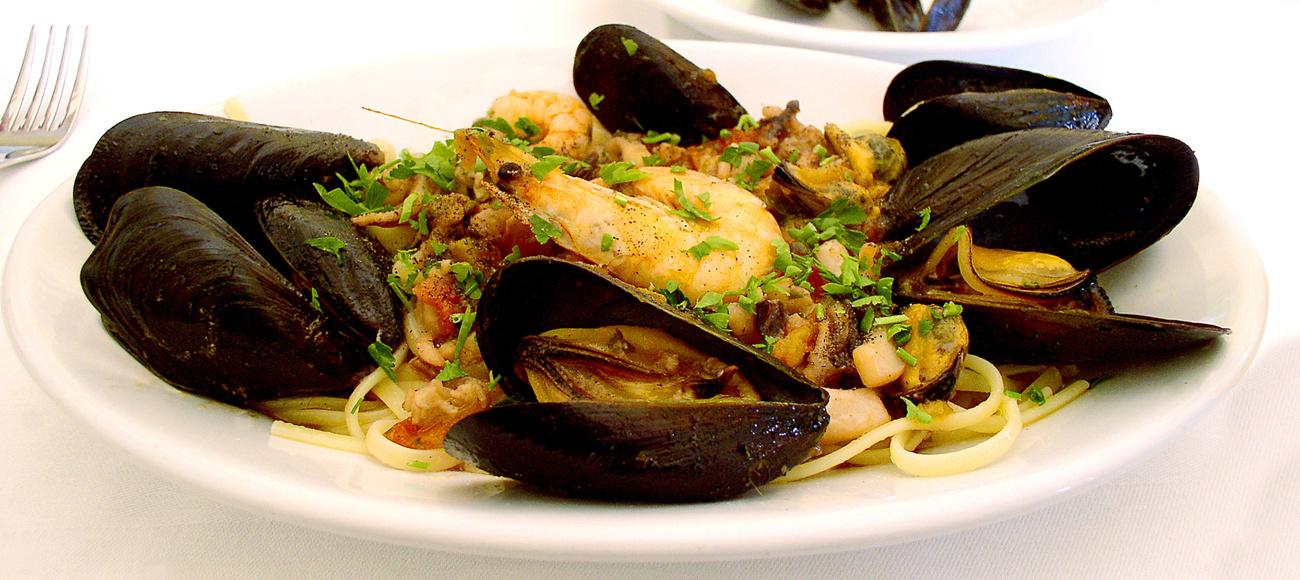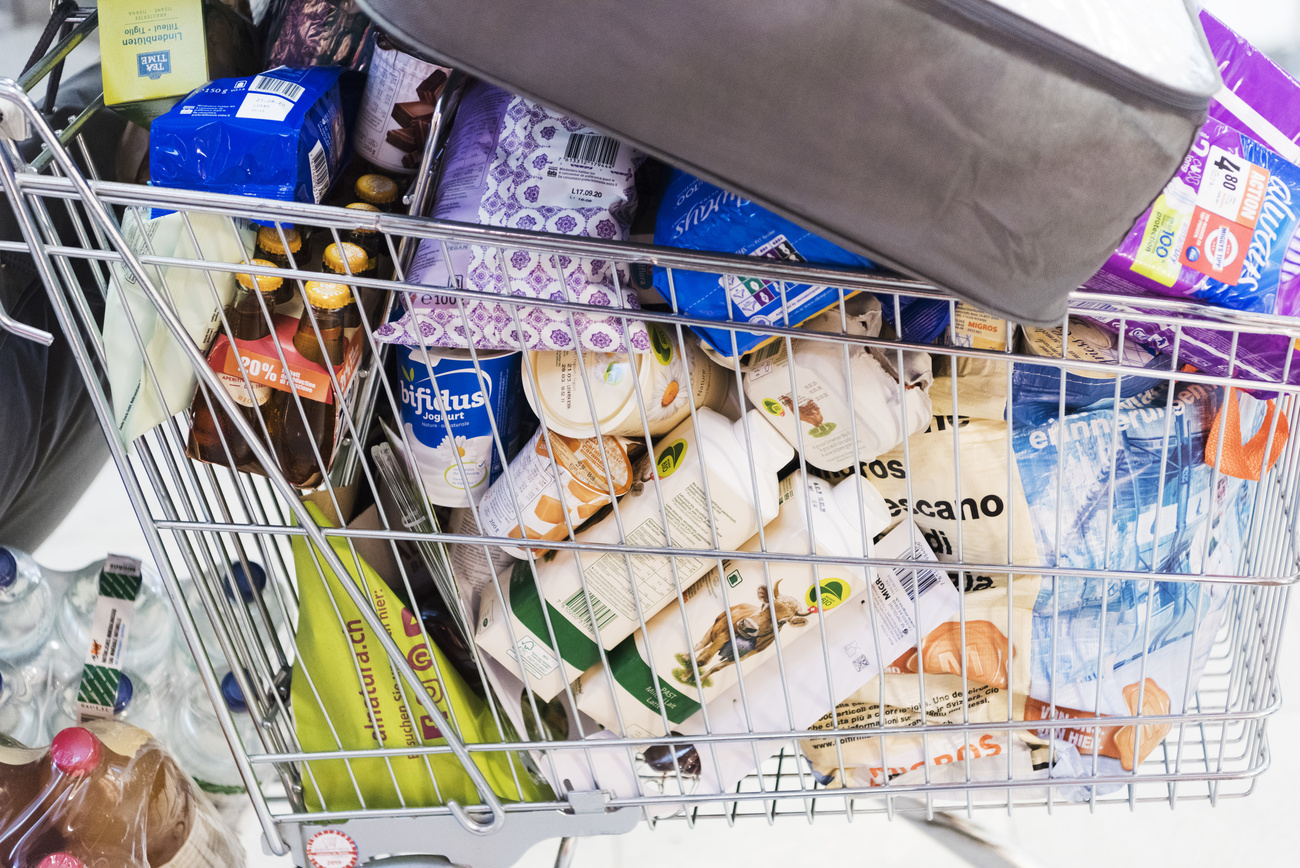Why is Switzerland so expensive?
Switzerland is said to be the most expensive country in the world. But is it really? And how are prices compared? We asked Hans Markus Herren, who heads the consumer prices department in the Federal Statistical Office.
SWI swissinfo.ch: Is everything in Switzerland really more expensive than in other countries?
Hans Markus Herren: Definitely not. When you compare our price level with other European countries, yes we’re the most expensive country in Europe, but that doesn’t mean that everything is more expensive to the same degree.
SWI: Where are the biggest differences?
H.M.H.: Typical service-oriented areas like education, rent, healthcare, but also goods like meat, are much more expensive than in other countries. As regards the cost of housing, we’re just about double the European average. With cars, petrol, and tobacco products, the differences are smaller. When it comes to software, we’re only 9% more expensive.
SWI: Any areas where we’re cheaper?
H.M.H.: Home electronics – TV, radio, computers – are relatively cheap in Switzerland, a little below the European average, in fact.
SWI: What causes these differences?
H.M.H.: With meat, duties are levied on imports; importing meat from other countries is very restricted. There’s a political consideration there. On the other hand, services are more expensive in Switzerland because wages are higher.
SWI: What do you need to watch out for if you travel to a supposedly cheaper country, or even emigrate there?
H.M.H.: Of course the prices may be an attractive factor, and in the US – the typical emigrant destination – they’re certainly cheaper than in Switzerland. If someone wants to retire to another country on their pension, say, they will want to know the cost of living there. But travel, and in particular emigration, should not just be a matter of prices. The first question one needs to ask is about language – how is one going to make oneself understood in a strange environment? Culture is important too. Again, anyone working abroad has to take into account that pay is going to be lower. Quality of goods and range of goods available may be a consideration too.
SWI: The best-known comparison tool is The Economist’s Big Mac IndexExternal link, which compares how much a McDonald’s burger costs in every country.
H.M.H.: The Big Mac Index points out price differences and is valuable to the extent that it shows how a burger in one country may be a luxury, while in another it’s a straightforward consumer item. But it’s really only an approximation, since it doesn’t take purchasing power into account. Anyway, we live in a modern economy, and it’s essential to compare various products in order to get a grasp of the economy as a whole.

SWI: How are prices compared internationally?
H.M.H.: Switzerland belongs to the comparison programme of EUROSTAT and the OECD, in which 38 countries are involved. Our statistical office monitors the prices of consumer and capital items and can then provide the Swiss basic data. The EU statistical office coordinates these price surveys, does the calculations and publishes the results of the whole statistical survey. It compares GDP, adjusted for per capita purchasing power, and price levels in the participating countries. That purchasing power adjustment is crucial: you can’t just compare what a pair of jeans costs, you also have to consider how many pairs of jeans you can afford when living in a particular country. The same amount of money won’t buy you the same amount of goods in every country. The exchange rate is often forgotten about, too: how much of the foreign currency will I get for my Swiss francs at a particular point in time?
SWI: What products are studied in the international price comparison?
H.M.H.: The products to be compared are clearly defined in advance. For example, jeans are subject to precise criteria. Then again, the difficulty may be finding this pair of jeans everywhere. Jeans might be a typical consumer item for Belgian women, but in Greece hardly anyone buys them. So it needs to be specified whether a given product corresponds to the usual patterns of consumption in a given country or not. Typical goods have a higher value for the statistician than niche products. In Switzerland, say, it may be difficult to find particular types of fish or seafood, because we’re not used to consuming them here.
SWI: What about comparisons with countries outside Europe?
H.M.H.: Other continents have their regional comparison programmes and the World Bank links these to make worldwide comparisons. This is done only every six years, though, because it’s a very complex and lengthy process. It’s not just a matter of finding the right products for a comparison, either, but of finding whether they serve the same function. In Mali you’ll have trouble finding a pair of jeans – it’s still a product that’s made for the richest 1% of the population and isn’t worn by anyone else. And there are other problems that come up in a worldwide comparison: not all countries want to participate or are even able to participate – countries in a crisis like Syria or Lebanon.
SWI: How does Switzerland fare in a worldwide comparison?
H.M.H.: In 2005 Switzerland was already one of the most expensive countries in the world. The index of comparison for prices in 2005 showed that the price level in Switzerland was as much as 74% higher than the world average. The next survey in 2011 put Switzerland right at the top, with a price level that amounted to more than double the world average. In 2017 Switzerland was no longer the most expensive country – it was Bermuda. That can change quickly, of course, and has a lot to do with currency exchange rates. If our franc gets stronger, Switzerland is more expensive and our price level goes up. But there’s also an interesting trend: over the years, purchasing power parity has been declining slowly but surely – Swiss prices are gradually getting closer to those in Europe. That has to do with competition as well as with imported goods, which in Switzerland, compared with Europe, tend to become cheaper.
More

In compliance with the JTI standards
More: SWI swissinfo.ch certified by the Journalism Trust Initiative











Join the conversation!